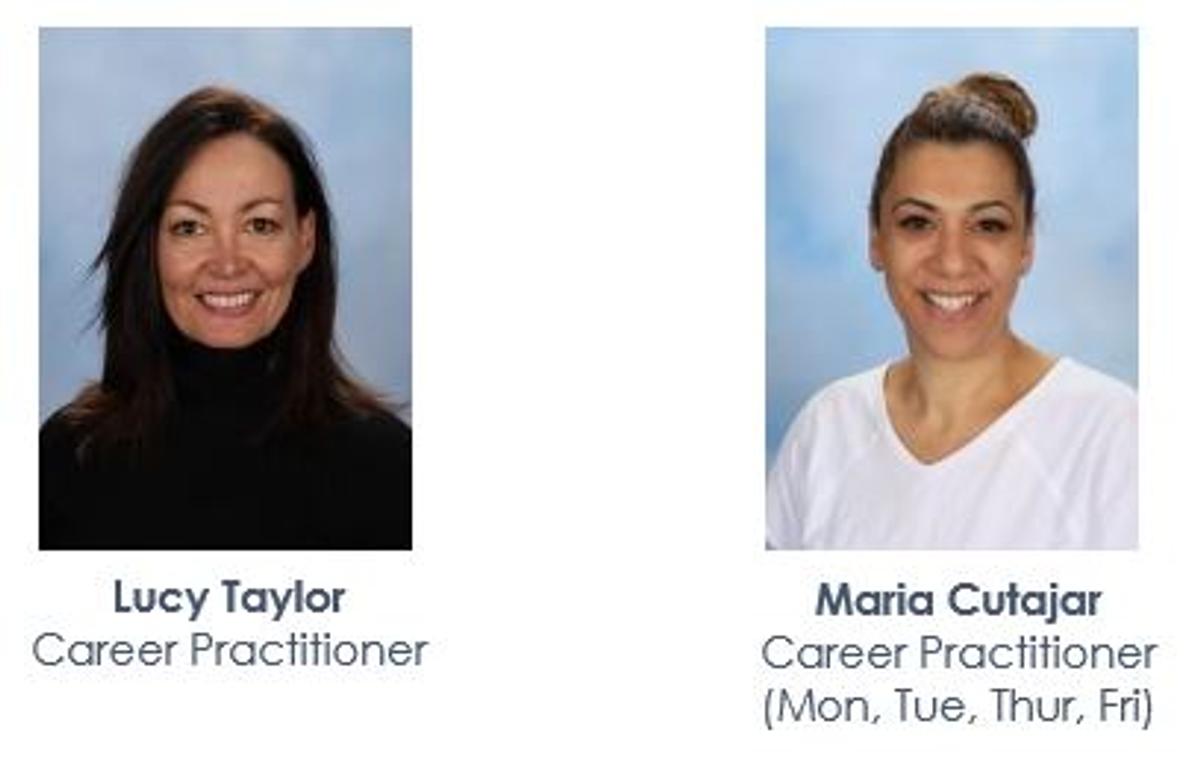Careers

The University Clinical Aptitude Test (UCAT) is an admissions test used by the UCAT ANZ Consortium of universities in Australia and New Zealand for their medical, dental, and clinical sciencedegree programs. Universities requiring the UCAT are listed at this link - Universities requiring the UCAT.
Students intending to apply for courses requiring the UCAT at any of these universities are reminded that they will need to book a test.
Bookings will open on 1 March 2022 and close 17 May 2022. The testing dates will be from 1 July 2022 to 12 August 2022.
Students who are preparing for entry into any of these courses are encouraged to familiarise themselves with the format of the test at UCAT Test Format and the practice tests and preparation material provided at UCAT Preparation.
Find out more at UCAT.
Careers in Focus - Greenkeepers
Greenkeepers establish and maintain fine turf, grassed areas and synthetic surfaces used for sporting events.
Also known as: Turf Keeper.
You can work as a Greenkeeper without formal qualifications, however, a certificate II, III or IV in sports turf management, horticulture or another related field may be useful.
Tasks
- preparing seedbeds for new turf
- establishing and maintaining turf by watering, over sowing or over seeding, and repairing green damage
- mowing, rolling and levelling turf
- pegging and marking out lines and logos, installing nets, posts and stumps, and placing other sports equipment on playing areas
- operating and maintaining hand and power driven equipment such as mowers, aerators, cultivators, corers and line marking equipment
- constructing cricket wickets, tennis courts, and bowling, croquet and golf greens
- replanting, repairing, aerating, fertilising and top dressing lawns
- installing and maintaining synthetic surfaces
- may maintain buildings, fences and surrounding gardens
WHAT IS AVERAGE WEEKLY PAY? - $1,135
WHAT IS FUTURE GROWTH? – Moderate
https://joboutlook.gov.au/occupations/greenkeepers?occupationCode=3623 for more information.
** Information taken from joboutlook website**
University Terminology
When students are looking into university study, they often come across words or terms they are unfamiliar with. So, here are a few of the more commonly used terms to help students understand what is being talked about.
Associated Degree – an associate degree is generally a two-year qualification that is made up of two-thirds of a bachelor degree and may be offered by both TAFEs and universities. Students often use this as a steppingstone to the full bachelor’s degree
Assumed knowledge – refers to subjects the university recommends or prefers a student to have studied at school before starting the course
ATAR – Australian Tertiary Admissions Rank – the figure used by UAC and VTAC to calculate the entrance ranking for a university course
Bachelor Degree – the award/qualification a student gains when they have completed studies in an undergraduate course, which takes between 3 or 4 years of full-time study. This is the traditional starting point of a university qualification
Bridging Course – an introductory course to help students achieve the preferred entry level to a degree, e.g., a bridging maths course for students who do not have the preferred maths but need it to access a course
Census Date – the last day a student can withdraw from their university course and not owe fees
Commonwealth Supported Place (CSP) – a student’s enrolment in a university degree for which the Commonwealth government makes a contribution towards the cost of that student’s education (formerly known as a HECS place)
Credit – if a student has previously studied – perhaps at TAFE – and has Recognised Prior Learning (RPL), the student may be able to receive credit for a subject or subjects in their course. Also often referred to as Advanced Standing
Double degree – a student can choose to complete a double degree – this integrates studies in two degrees resulting in an award of two degrees, usually after a minimum of 4 years of study. Often also referred to as Combined Degrees
Defer – a student may choose to delay starting their course. Deferring an offer of a place might mean delaying for 6, 12, 18 or 24 months. Deferment ensures the student is guaranteed their place in their selected course
Elective – a subject that is not core to the degree and is often from another faculty, e.g., a commerce student might choose psychology (from the Arts Faculty) as an elective
Faculty – a department within a university devoted to a particular area of study – so, Faculty of Arts or Faculty of Science
FEE-HELP – a loan scheme for domestic students used to pay all or part of an eligible student’s tuition fees for university courses but cannot be used for additional study costs such as accommodation or textbooks. A 20% - 25% loan fee applies.
HECS-HELP – a loan scheme that assists domestic students with a CSP place to pay their contribution. Students may choose to pay their fees upfront, or choose to defer payment via the HECS-HELP loan scheme
Honours – many Bachelor degrees offer a fourth year – called an Honours year. The Honours year allows students to further focus on a particular an area of interest. The Honours year can either be integrated into a 4-year Bachelor degree or be offered as a separate year after completion of a 3-year Bachelor degree
Lecture – a period of teaching given by a lecturer to a large group of students in a lecture theatre; can often be as many as 300 students in a lecture
Major study – an area within a course that allows in-depth study in a particular field. More than one major may be allowed in some courses
Minor study – a grouping of subjects allowing a broader understanding of a few subjects, with less emphasis on in-depth study
Prerequisite – a set of conditions – usually a completion of a subject – that must be met before enrollment in a subject or course is allowed.
SA-HELP – SA‑HELP is a loan scheme that assists eligible students to pay for all or part of their student services and amenities fees – so, non-academic fees
Transcript – this is the university academic record each student receives, like a school report
Tutorial – a period of teaching given to a small group of students – involving discussion and participation
Undergraduate – a student studying at university for a first level degree, e.g., a Bachelor degree
VET Student Loans – a loan scheme for domestic students used to pay all or part of an eligible student’s tuition fees for TAFE courses but cannot be used for additional study costs such as accommodation or textbooks. A 20% loan fee applies.
Workplace learning – practical training in a workplace, such as internships or practical work experience. This is a hands-on experience – some universities call it Industry Based Learning or Work Integrated Learning




